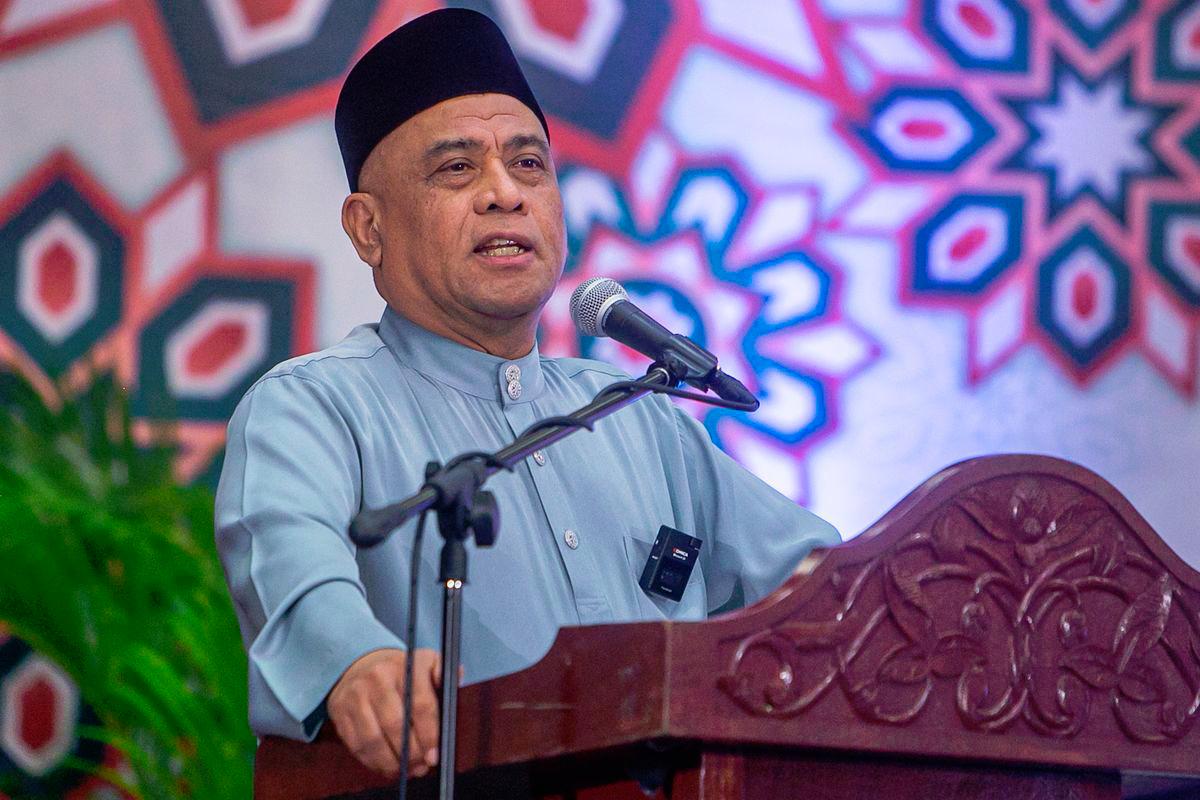IPOH: The Perak state government today launched two important documents - the Perak Digital Economy Action Plan 2030 and the Perak Smart City Blueprint 2040.
Menteri Besar Datuk Seri Saarani Mohamad said both documents were formulated based on the Perak Sejahtera 2030 vision, aimed at making the state more efficient, sustainable and prosperous through digital empowerment and data-driven urban planning.
He said the Digital Economy Action Plan 2030 focuses on four main pillars: access to quality digital infrastructure, efficient digital public administration, a dynamic digital-driven business ecosystem, and an empowered digital society.
“A total of 21 programmes have been identified, with five catalytic projects prioritised. These include expanding digital coverage through the JENDELA initiative, developing Point-of-Presence (POP) infrastructure, and using Low Earth Orbit (LEO) satellites to improve connectivity in rural areas,” he said at the launch held at Hotel Casuarina here today.
Other key initiatives include strengthening cashless payment systems for micro, small and medium enterprises (MSMEs) and establishing centres of excellence such as the Smart Perak Research and Innovation Centre (SPRIN) and AI Academy.
As for the Smart City Blueprint 2040, Saarani said it outlines seven core components, 22 policies, 52 strategies, and 132 phased initiatives to be implemented up to 2040, aimed at driving smart city development across the state.
“The blueprint aims to build cities that are more inclusive, responsive and sustainable, centred around the People-Centric Smart City concept which focuses on public needs and wellbeing,” he said.
He also thanked the four local authorities — Ipoh City Council (MBI), Teluk Intan Municipal Council (MPTI), Manjung Municipal Council (MPM) and Kampar District Council (MDKpr) — for being early adopters of the smart city agenda.
To ensure effective and impactful implementation of both plans, the state has established the Perak Digital Economy Council (MEDi) and the Perak Smart City Steering Committee.
“MEDi comprises four strategic pillars - infrastructure, economy, public digitalisation, and society, with each led by the respective state executive councillor.
“The Smart City Steering Committee will follow a similar structure, as both initiatives are interconnected,” he added.









